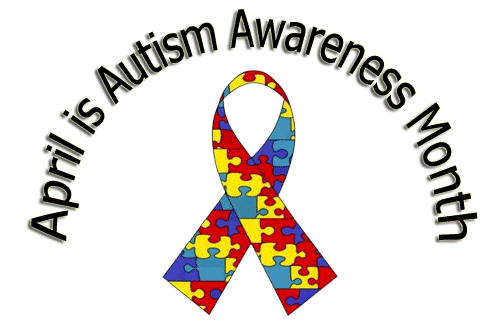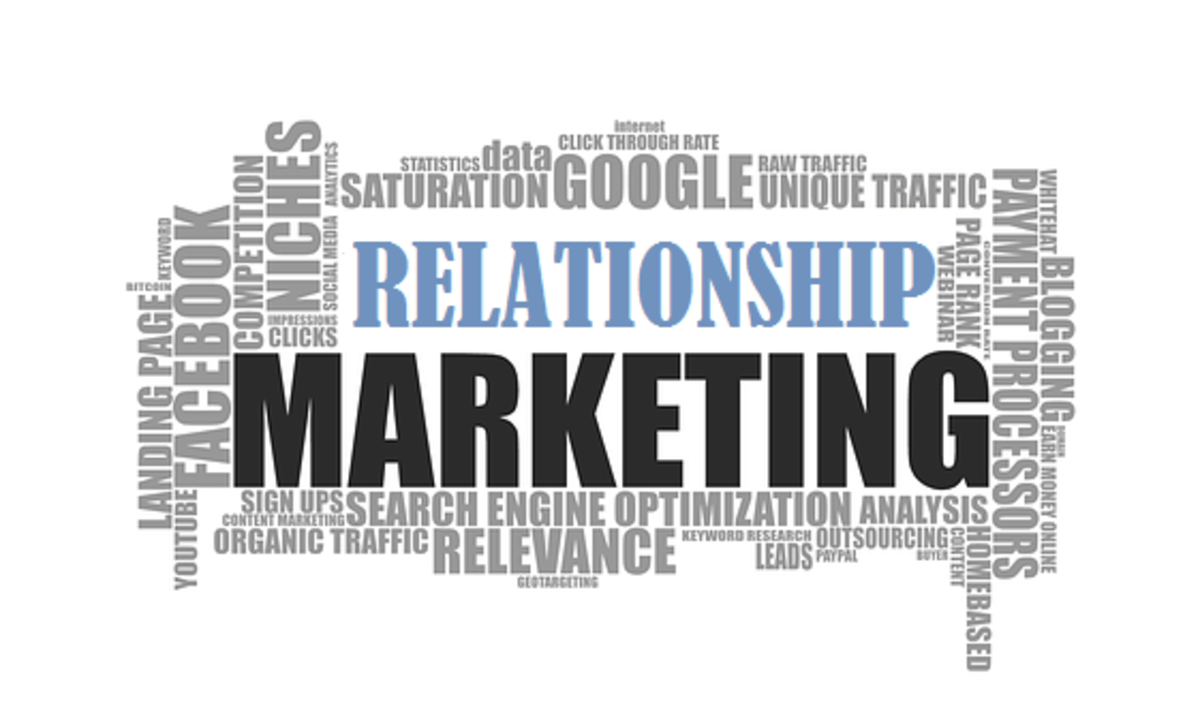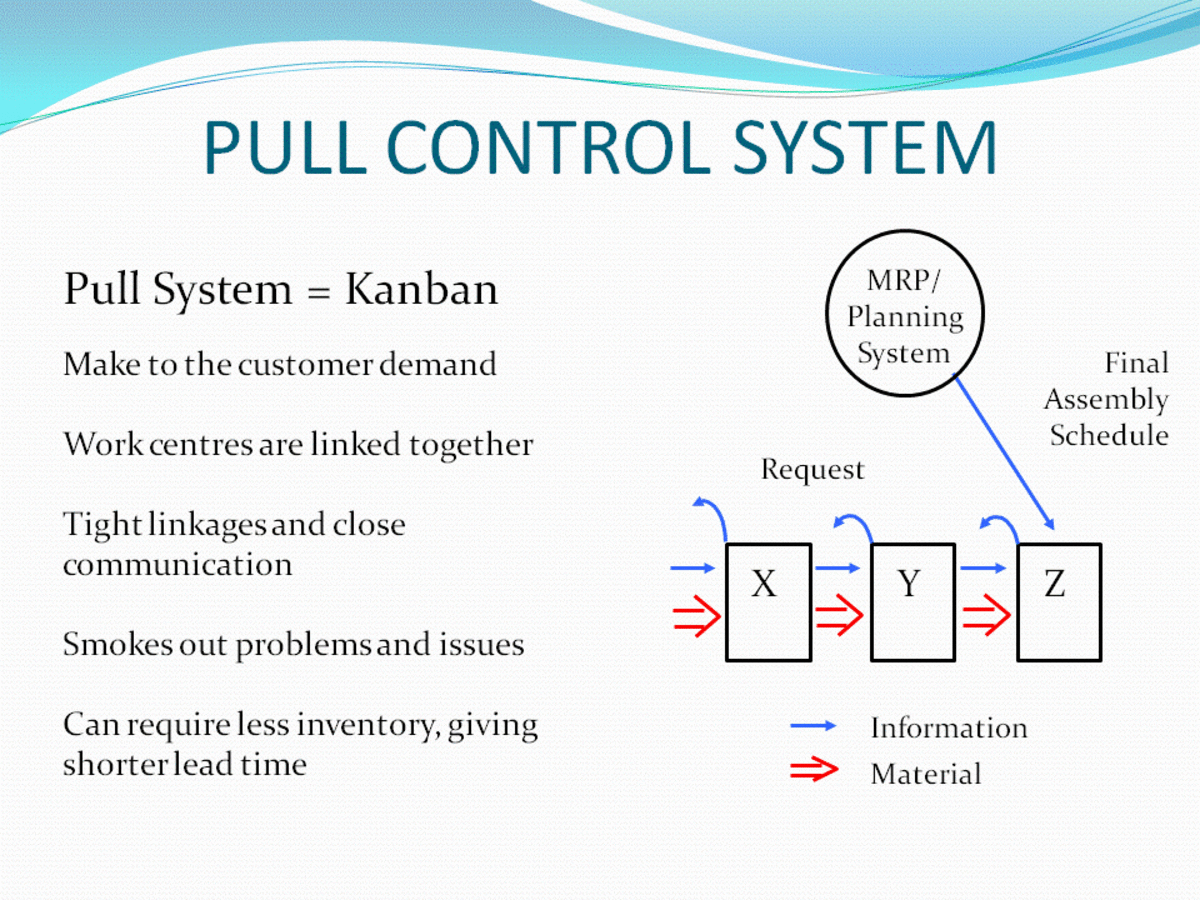Why Cause Marketing Matters

Cause marketing is a type of marketing that involves the cooperative efforts of a for-profit business and a non-profit organization for mutual benefit. The term is also used to refer to any type of marketing effort for social and other charitable causes. It raises awareness using a brand or company to the plight of a segment of the population with a call out for help in funding usually.
Cause marketing matters to consumers today more than ever; it’s become the new normal and as time goes by will grow in importance both to companies and their customers. “Corporate social responsibility,” is a broad label that has been used for several years and can take on multiple meanings simultaneously and can impact your company negatively and without your knowledge if you are not participating. There is nothing that makes people angrier than someone forcing their opinion on them, but if your business doesn’t support something, consumers might just switch to another brand that does. It’s the modern question that companies need to answer and quickly, what cause to support and how? Marketers know that the millennial and post-millennial generations are more likely to identify with companies that they believe to be socially responsible and are more than just profit generating machines. They also know that consumers today have a knack at being able to see through a ploy that is only being used to generate sales growth of increase bottom line. Each company must determine which issues are important in society and of those, which they are comfortable in being a de facto spokesperson for.
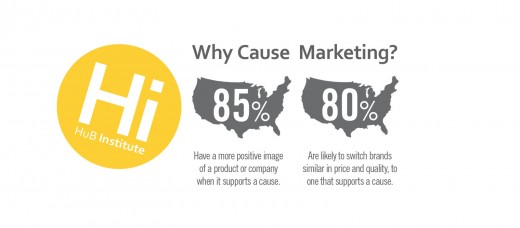
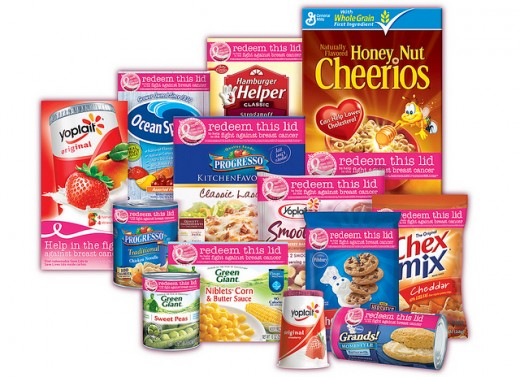
Stay on the Path Well Travelled
It’s been demonstrated from past disasters that many companies fall into the maze of traps in the path to developing and executing an effective program by choosing the wrong cause to champion, and effectively damaging their brands or reputation in the process. Typically those companies shy away from future causes, or only participate in those which are ultra-safe from a reputation standpoint like supporting global charities such as the United Way. There are four guiding principles for cause marketers to look at when choosing a partner; careful vetting will insure the highest potential rate of success. Sincerity, authenticity, commitment, and transparency are the four principles that surface in valid causes. A cause that is focused, real, and effective will resonate with actual consumers and translate into an effect program. Also remember that while giving or fundraising is one of the objectives, it cannot be seen as the only objective of the event. By engaging in a cause marketing campaign, a company is also promoting itself and its brands as favorable in the eyes of the world. The marketing strengths of leading companies are the real difference-makers in insuring some of the worthiest causes gain the funding they require.
A secondary but equally important consideration should be a cause that relates to their business and one that the employees can get behind and feel good about participating in the overall effort. If the employees are unwilling to talk about the program with their friends and families, then it might be worth reconsidering. Remember that the program doesn’t need to be at national level either. Many companies execute fantastic programs by supporting the pulse of their local communities. Contributing more than just money or a platform to assist in raising money makes all the difference. By providing dedicated social media and website space or other visible public showings, the corporate support will make the difference, especially with small organizations that might be underfunded to begin with and not have the access levels that could be utilized. Take every advantage to use the cause target logo in conjunction with your brand or company logos, formalize the event with press releases and media coverage, or leverage any other approach that makes the partnership into a powerful message that will demonstrate a significant commitment.

Possible Execution Errors
Be aware of the execution errors that companies can easily get caught up into, especially if they are tied to social media. Asking for retweets, likes, shares, re-posts, or any other interaction from your consumers to generate donations is an absolute fail. As an example, “share this post and we’ll donate $1.00 to charity x.” It tells the world that you are only interested in donating if it gains you more followers, subscribers, or users – it’s basically an on-line hold-up scheme. Secondly, the message you are posting must be sanitized, non-offense to anyone, and classy. Do not ask your consumers to buy something unhealthy or inappropriate to trigger a donation or company match. Also do not be vague in your message. “The company will donate a portion of today’s proceeds to charity X,” is unclear and leaves potential investors asking too many questions.

Marketing Professionals....Relax and Wait
Most marketing professionals look at every event as a measurable spend with expected results. It may be increased market share, increased brand awareness, new product engagement, or numerous other metrics. Cause marketing events are not the same as traditional marketing events. The marketing efforts you employ are being directed at the cause primarily, while you and your brands are in a support role. You are putting the “Cause” first, the marketing second, and the notion of increased sales a distant third. Set some goals to attain with the cause and if you achieve or exceed those goals, consider it to be a successful campaign and skip the paperwork and analysis. The real benefits will follow, but they typically are not as easy to measure.
Yet, fellow marketing professionals, all is not lost. Some of the tactics employed in cause marketing can lead to learning and potential uses in traditional marketing down the road. Using highly respected brands to support social change or support can permanently change the brand in a positive way and can pay dividends long after the event has ended. Also remember that other companies are watching what their competitors or potential future partners are doing. Cause marketing has led to numerous post-event partnerships on new projects that increased sales and opened new channels; like-minded companies work well together. A socially relevant message has the potential to open new communication channels for your products by creating an identity within the emerging consumers of the post-millennial generation. Despite not targeting some of those segments specifically, a social conscience resonates across the youth of today. Remember, that positive efforts applied earnestly and with adequate resources, will go a long way in helping, someone or something. Whether that something is replanting trees in our National Forests lost due to wildfires, or helping someone with Autism realize their potential, or assist in funding lifesaving cancer surgeries, Cause Marketing matters.

